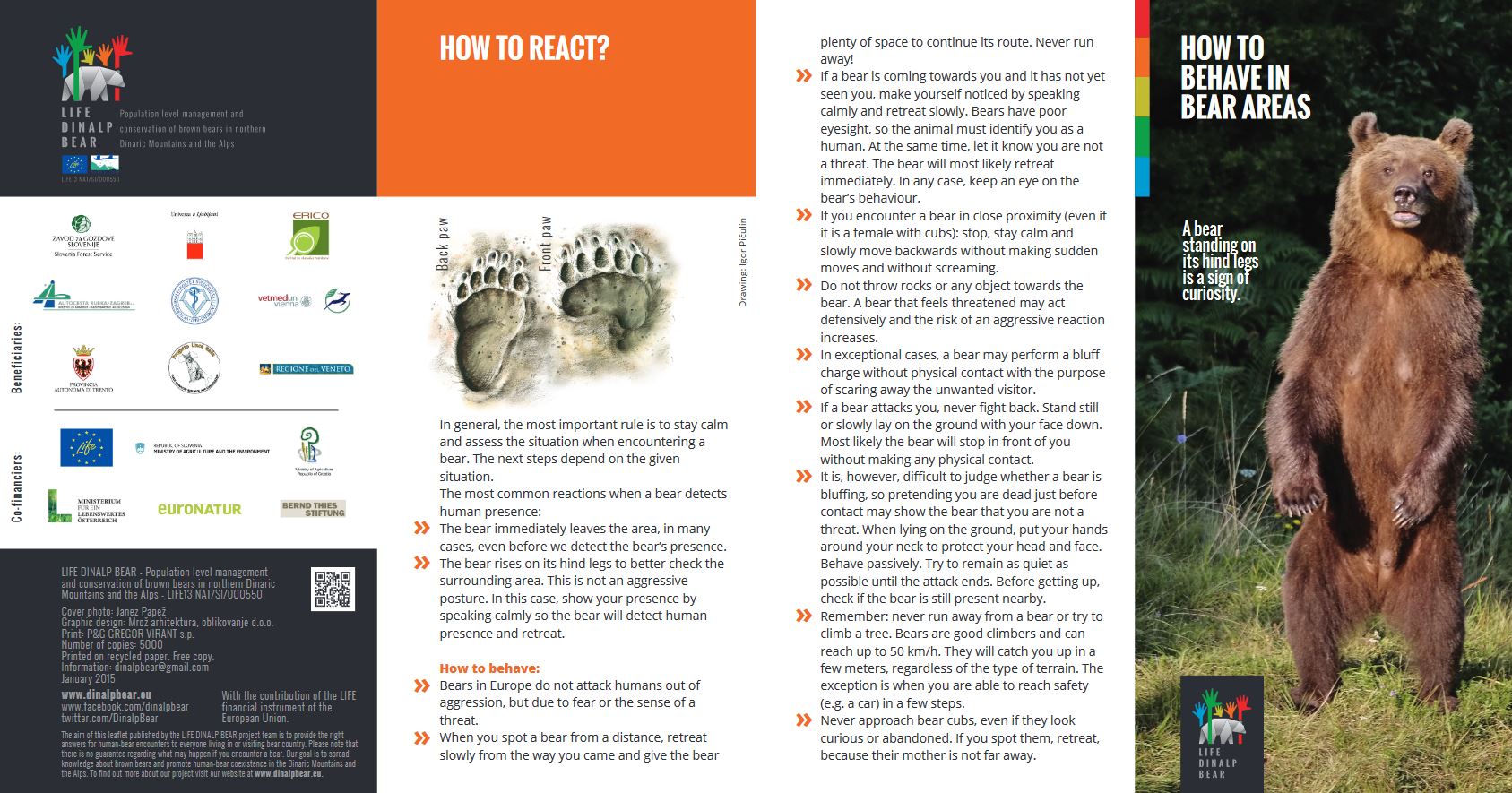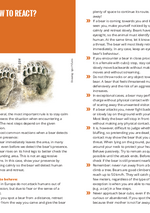A commentary by EuroNatur project manager Antje Henkelmann
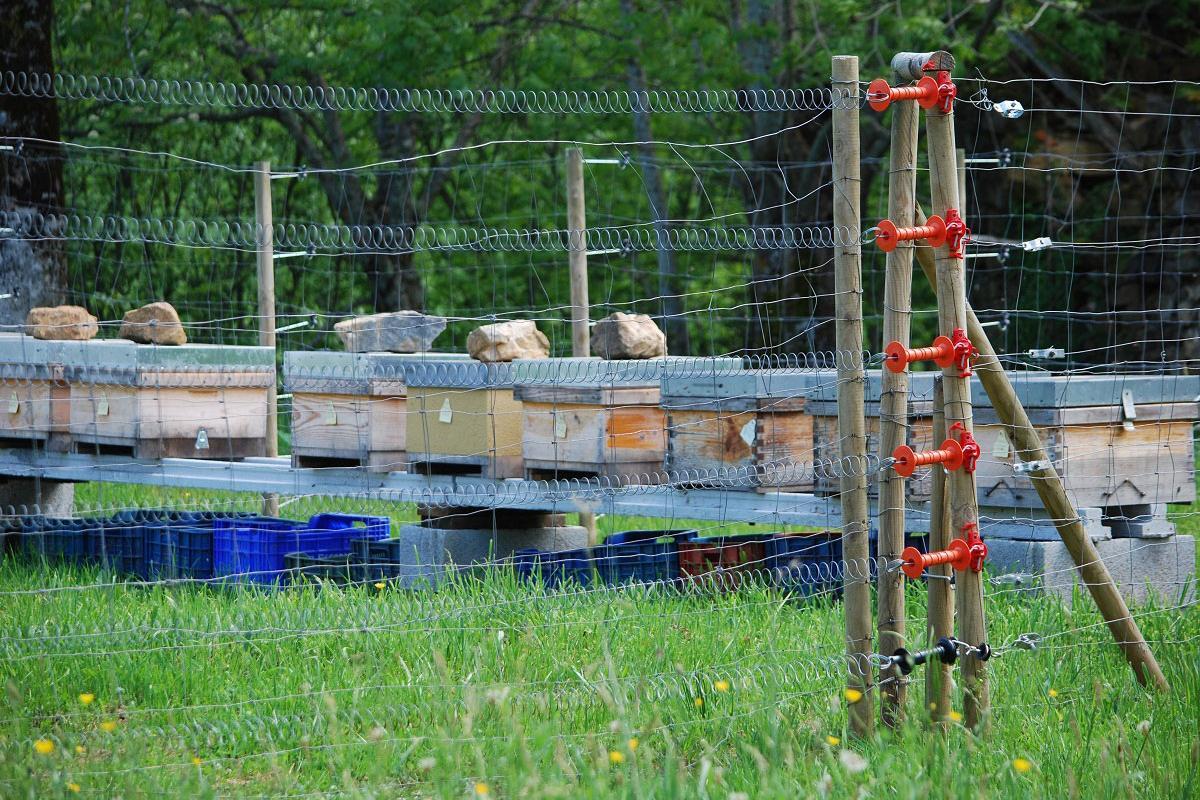
Important preventative measure for beekeepers: electrosafe fences
© Kerstin SauerThe emotional coverage of the death in Trentino reflects the understandable uncertainty of many people who find it difficult to imagine a peaceful coexistence between humans and brown bears in the Federal Republic of Germany. At EuroNatur, we work both in the field of species conservation and in the preservation of valuable cultural landscapes. We therefore see it as our special responsibility to keep track of the social discourse on this issue.
The incidents in Trentino and in Romania, where a German wildlife filmmaker was attacked by a brown bear, are a vivid reminder of the potential risks and conflicts associated with the coexistence of large predators and the people who live or earn their living in their original habitats. It has become clear that nature conservation and species protection have their price. Information campaigns, preventative measures and compensation for livestock attacks cost money.
Moreover, even with good management, conflicts between humans and potentially dangerous wild animals cannot be completely ruled out. This risk is however low compared to other hazards in nature. Nevertheless, people in densely populated Central Europe must first get used to the idea again that they have to share their living space with wild animals.
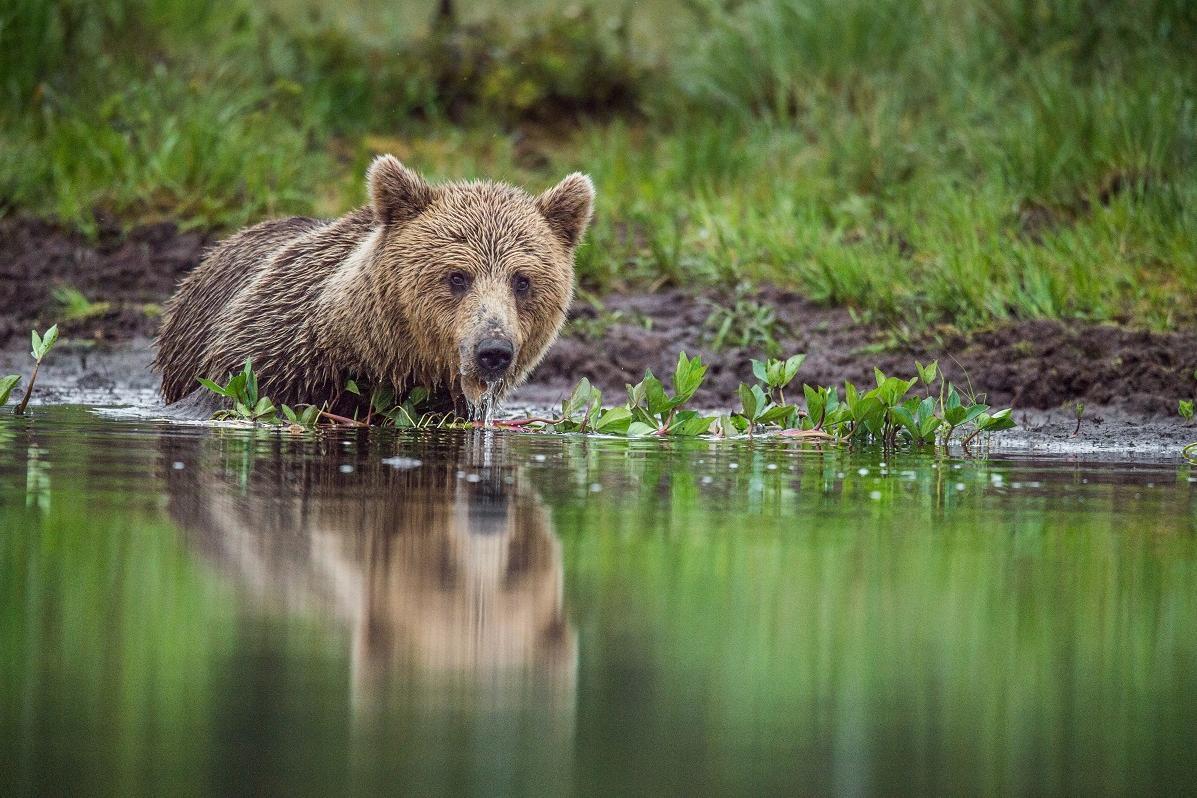
Brown bears are neither killing machines nor cuddly animals. Watching a bear from a safe distance can be a fascinating experience. However, should the bear come closer, it is time to retreat quietly (see below for more tips on how to behave during a bear encounter).
© SURZet/deposit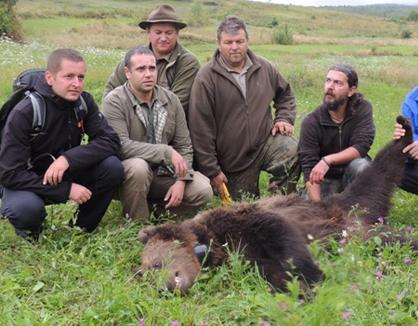
Bear researchers with an anaesthetised and tagged brown bear in Romania. Learning more about bear behaviour helps to prevent clashes.
© MilvusAt the same time, the expulsion and almost complete eradication of large carnivores by humans puts the onus on us to ensure their continued existence. The commitment to this responsibility is not a romantic daydream of conservationists or animal lovers who are out of touch with the real world. Rather, biodiversity ensures the basis of human life. Maintaining it is part of an urgently needed course correction in our self-image. Large carnivores are indispensable for functioning ecosystems. On an increasingly inhospitable planet, humans must once again realise they are part of their environment.
EuroNatur and its local partners are looking for solutions to reduce the tension between humans and brown bears. Fortunately, our partners have been successful in demonstrating impressively in different project areas that a low-conflict coexistence of humans, grazing animals and large predators is possible. This requires political will and the provision of sufficient funds for scientifically sound monitoring and risk mitigation.
The death of the young man in Trentino caused by a bear is a tragedy. Our task is to contribute to an objective debate in a sensitive and well-founded way and to counter political instrumentalization of the crisis. The search for pragmatic solutions to conflicts between bears and humans cannot - and honesty is required here - exclude risks. But it can reduce dangers and demonstrate how humans can co-exist amicably with bears and other large carnivores.
The author of this article, Antje Henkelmann, works as a project manager at EuroNatur. She has already come very close to bears - when she travelled to the Yukon River as part of her master's thesis and did research on grizzlies.
How to behave in bear areas
(8 MB)


